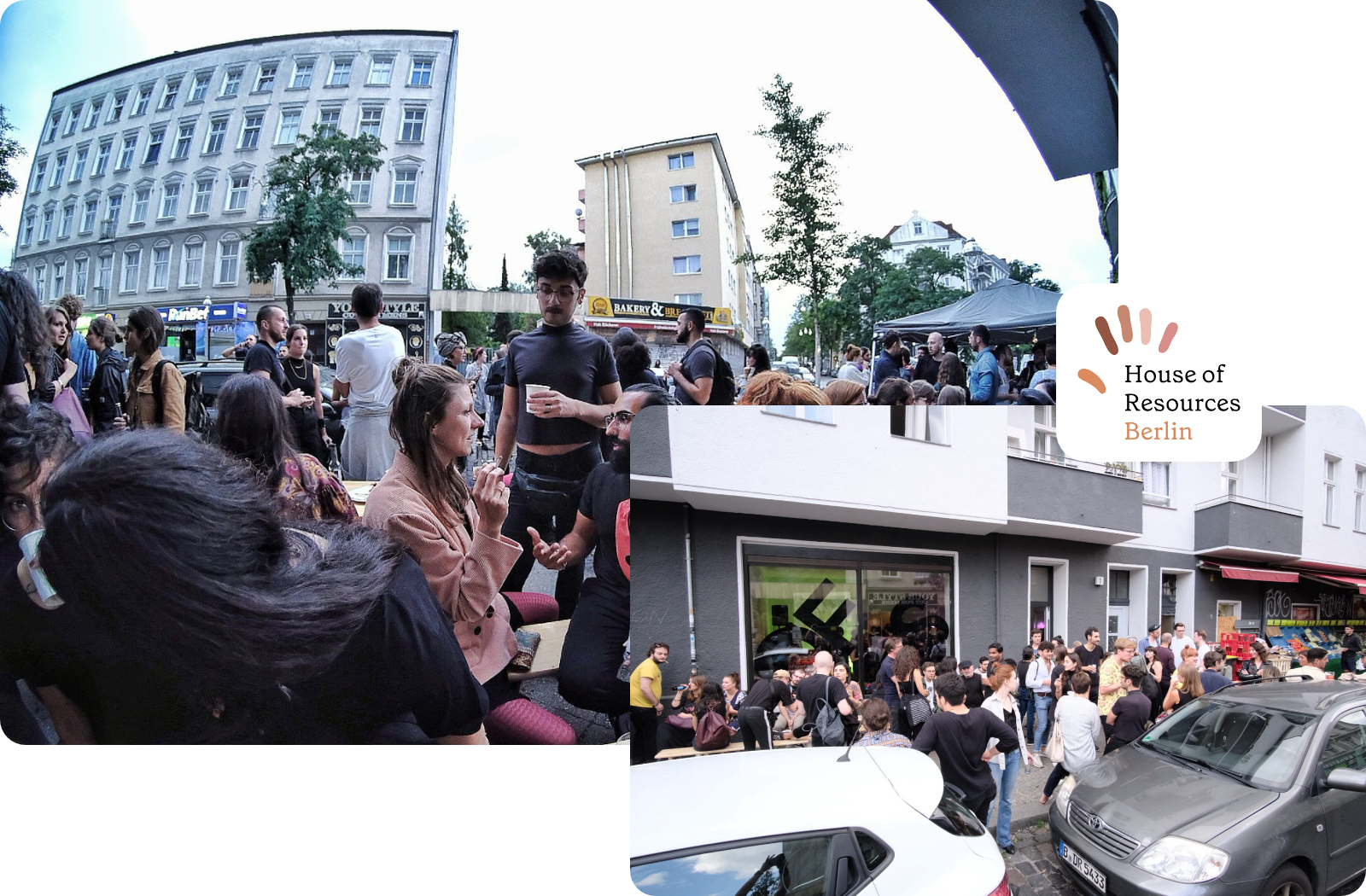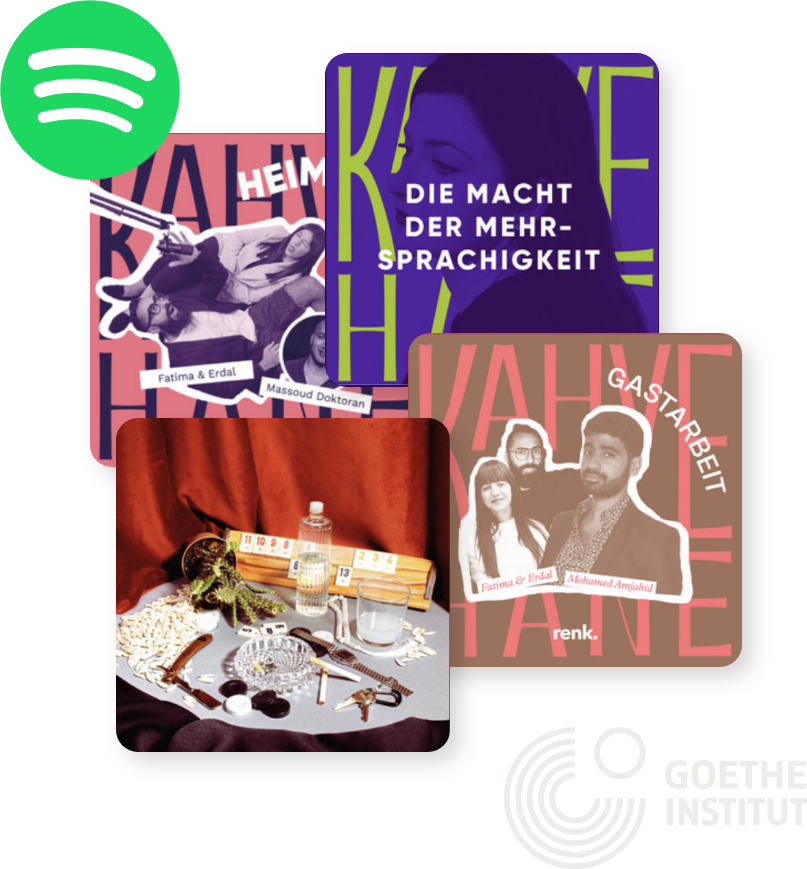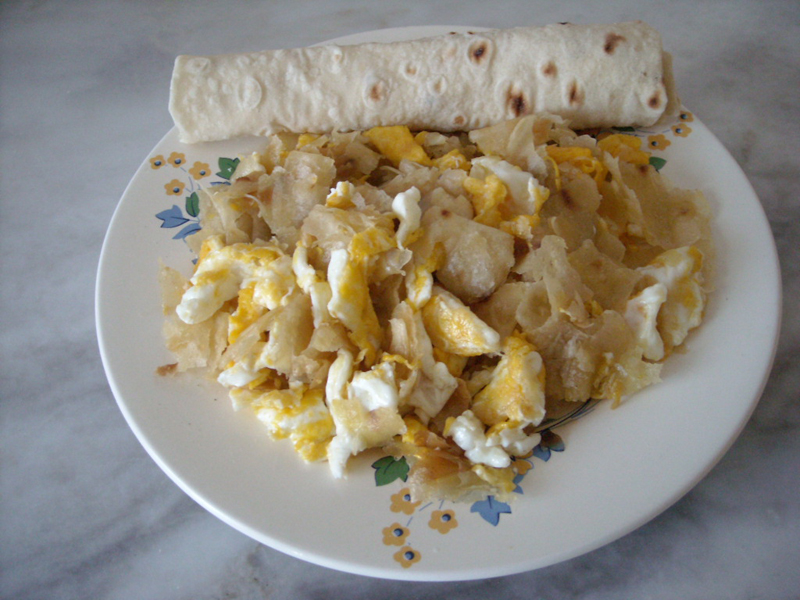Look out, here is the next bunch of our favourite sayings. Part 1 of our Turkish atasözleri (engl.: sayings) unleashed a flood of comments from our readers: Many wrote us further sayings in Turkish that they hold dear – we had some of them rammed down our throats by our mothers. Idioms are more than just memorised sayings – they provide a glimpse into each country’s cultural characteristics and values. And not least, they display the linguistic possibilities a language offers. In short: Atasözleri sharpen our view and allow us to perceive daily life from a Turkish perspective and express ourselves more fittingly than we might be able to in German.
Let’s take a closer look at the newlyweds from part one, who we wished that they »bir yastıkta kocasınlar«. While they have been trying to grow old on one pillow, we received the happy news of a pregnancy!
Ye tatlıyı doğur atlıyı, ye ekşiyi doğur Ayşe’yi.
A pregnancy is celebrated with lots of joy. While everyone waits for the ultrasound in the fifth month to find out if it will be a boy or a girl, our mothers already know: »Ye tatlıyı doğur atlıyı, ye ekşiyi doğur Ayşe’yi«. The cravings of the pregnant mother give away the unborn’s sex: If she craves for something sweet, then she will have a soldier on a horse (a son), and if she craves for sour things, then she will bring an Ayşe (a girl) into the world.

Analı babalı büyüsün.
After nine long months, the child finally arrives. Family, friends and acquaintances wish that the child »analı babalı büyüsün«. In English: »Let is grow up with mother and father«. One wishes that it won’t become an orphan and that its mother and father accompany it through life and are always there for it.
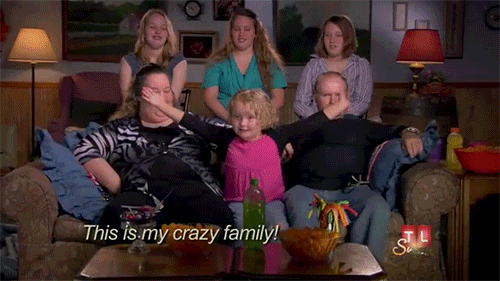
Ҫam sakızı, ҫoban armağanı.
When the child arrives, so do numerous visitors: Neighbours, family and friends make the pilgrimage to the hospital in droves, drink tea from morning to evening with the new parents and brings lots of presents with them – a Turk never comes to an important event empty-handed! For the sake of politeness, we hand over our gift with the sentence »ҫam sakızı, ҫoban armağanı« (engl: gum, a shepard’s gift). It’s only something trivial, but it comes from the heart.

Ayının apalak sevdiği gibi
While we are visiting and cooing over the child, repetitively saying how sweet and cute it is, at some point the new father/grandpa/uncle/anyone will supposedly get too rough while holding the bundle of joy. And they’ll hear an appalled: »Ayının apalak sevdiği gibi!« – as if a bear were holding its young.
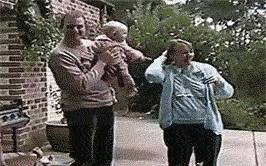
Oğlan dayıya, kız halaya ҫeker.
Of course, everyone present will ask themselves what the child will be like. What type of character will it have? What will it look like when it’s bigger? – But everyone knows that anyway. There’s no question, since »oğlan dayıya, kız halaya ҫeker.« So a boy will take after his uncle on his mother’s side and a girl like her aunt on on her father’s side!

Bir elin nesi var, iki elin sesi var.
Especially now, where there is a new offspring, the grandparents will emphasise how important it is that a family stays together. One should deal with everything together, sharing tasks and duties and also having nice hours with one another. In order to give their argument a special kick, our grandparents strengthen it with their favourite saying: »Bir elin nesi var, iki elin sesi var« (engl.: What good is one hand if you can clap with two?!).

Doğduğun yer değil, doyduğun yer.
Who knows – maybe the new born that will grow up with its mother and father, who we gave the gum to, who we love like a bear its young, and who will take after either its uncle or aunt will emigrate with its parents. It itself will always say, is »doğduğun yer değil, doyduğun yer«. It’s not where one is born that is home, but where one’s stomach is full. One can feel at home anywhere, if one has a job and is settled.

Author: Umut Özdemir
